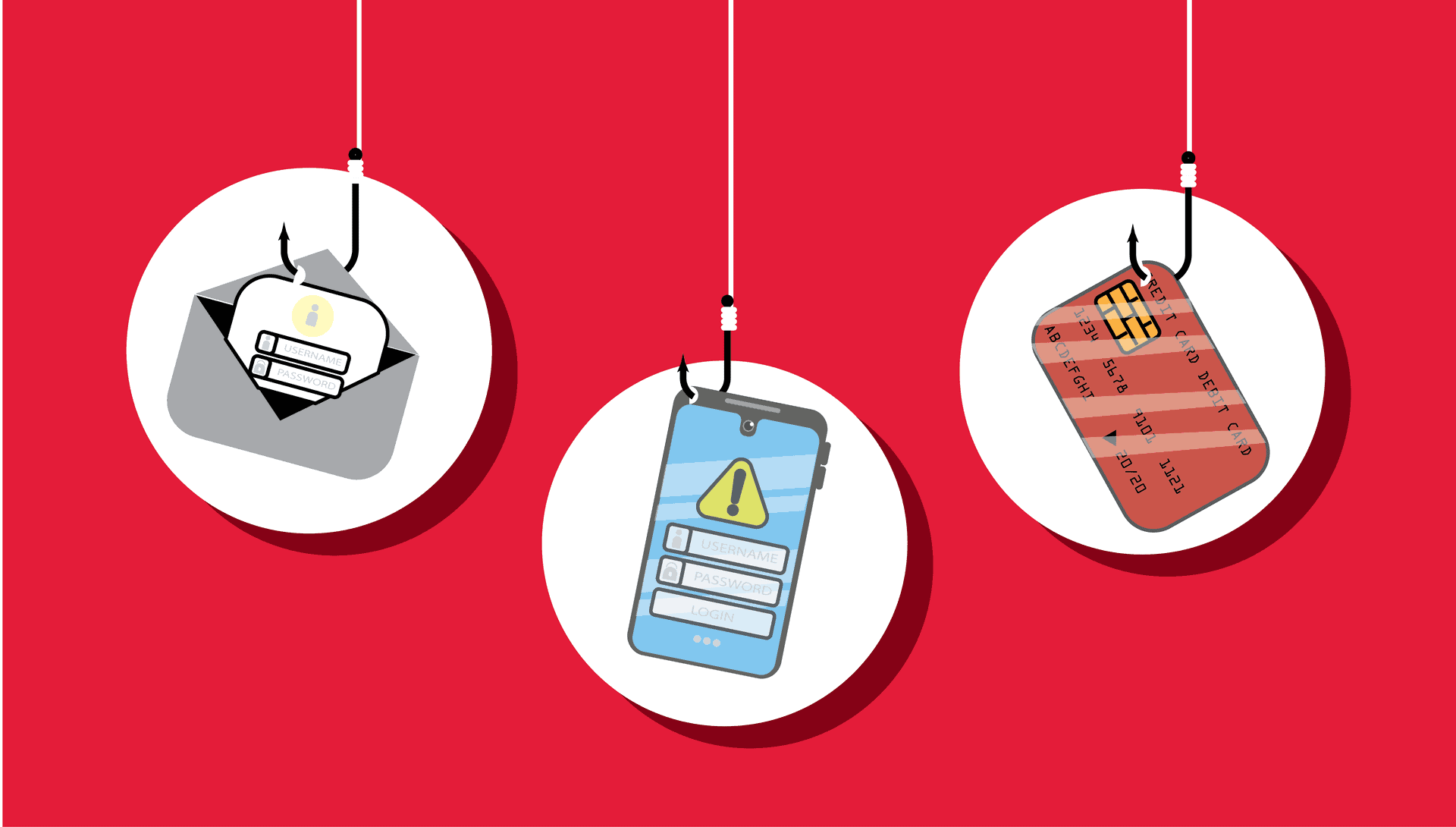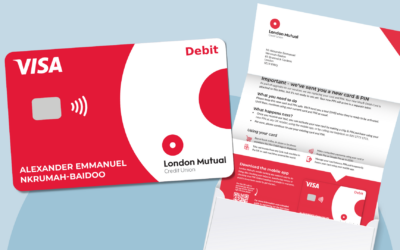Fraudsters and scammers love to take advantage during the times of year people may be spending more. As more of us shop online they are finding new opportunities to exploit shoppers all the time. Read on and don’t let Black Friday scams, or fraud ruin Christmas.
Purchase scams – If it sounds to good to be true, it probably is
With Black Friday looming and other sales, promotions, and new products launching in the run up to Christmas, it is likely that there will be an increase in purchase scams. These scams often use items that may be bought as gifts such as game consoles, electric scooters, other electronics, bicycles and clothing to catch customers out with irresistible prices.
Social media sites (i.e. Facebook, Instagram), online market places (i.e. Gumtree, Shpock), and auction sites (i.e. eBay) are some of the places that criminals use for these scams. If an offer or price you see on these sites, or receive via email, seems too good to be true, it probably is. Follow advice from Take Five to Stop Fraud and Stop, Challenge, Protect.
- Stop – Always stop and think before making a purchase or giving over any personal information. Be wary of messages that try to rush you into a making a decision as this could be a tactic to cloud your judgement.
- Challenge – Consider whether it could be fake. Google the company, check for reviews, and check prices elsewhere to help make a decision.
- Protect – If afterwards you think you have fallen for a scam, contact your bank immediately. Then report it to Action Fraud.
Find more information about purchase scams here, including information on pets, tickets and fake websites.
The imitation game
Other common scams catching out many online shoppers involve messages pretending to be from a large well-known company. Known as Authorised Push payment (APP) Fraud, you might receive a message appearing to be from an organisation or company (i.e. banks, HMRC, mobile phone providers, PayPal) warning of suspicious activity on your account. Messages will try to gain personal information or encourage you to transfer money.
If you receive a message like this:
- Never give out personal details such as pin numbers or passwords. Legitimate companies will never ask you to give this information.
- Check for errors such as spelling mistakes or incorrect names, as this could indicate a fraudulent email.
- Contact the real company by searching online for a contact number or email. Never use contact details provided in suspicious emails.
London Mutual Credit Union will always provide your postcode in the footer of emails, so you know it’s from us. If you unsure, drop us an email to [email protected]. If you receive messages from us to approve transactions that you did not make, or if you think any of your card details have been stolen, contact us immediately.
Ongoing COVID-19 scams
There are still many scams taking advantage of the ongoing pandemic, since our last post.
Below are a few we have heard of, but remember, fraudsters are developing new scams all the time.
- Asking for donations via email to help the NHS fight the virus.
- Fake emails issuing fines for leaving your home during lock down.
- Fake job offers requesting money for background checks.
- Hand sanitiser, face masks, and other protective products that do not exist or never arrive.
Don’t let these criminals take advantage. Take Five and use the Stop, Challenge, Protect advice above.



